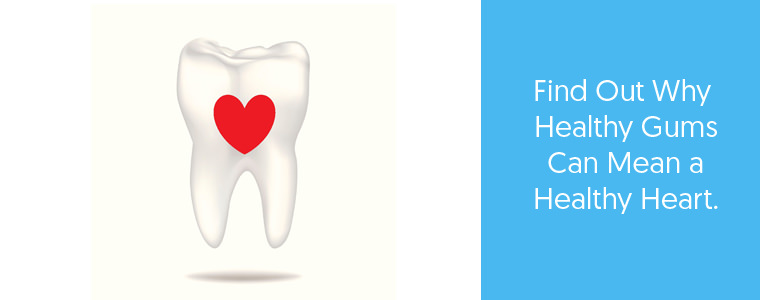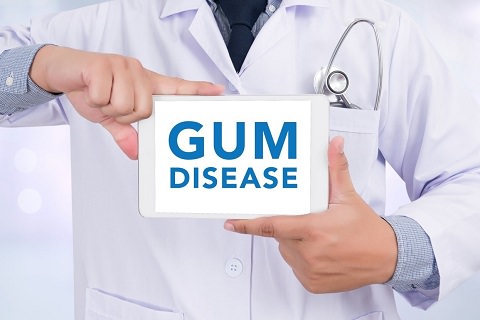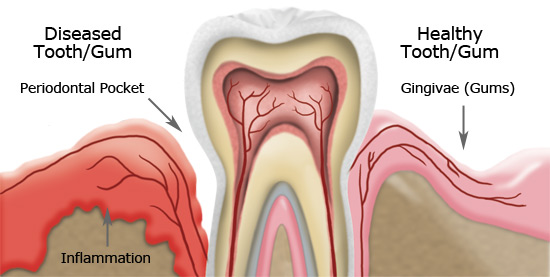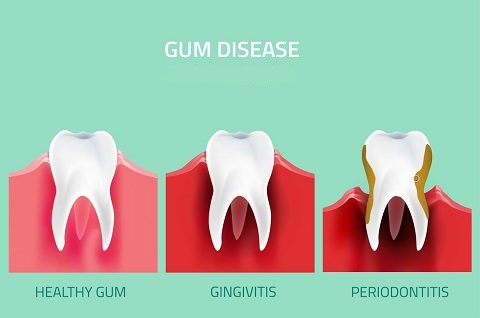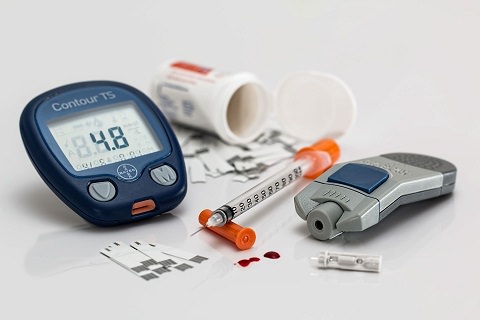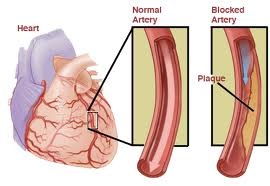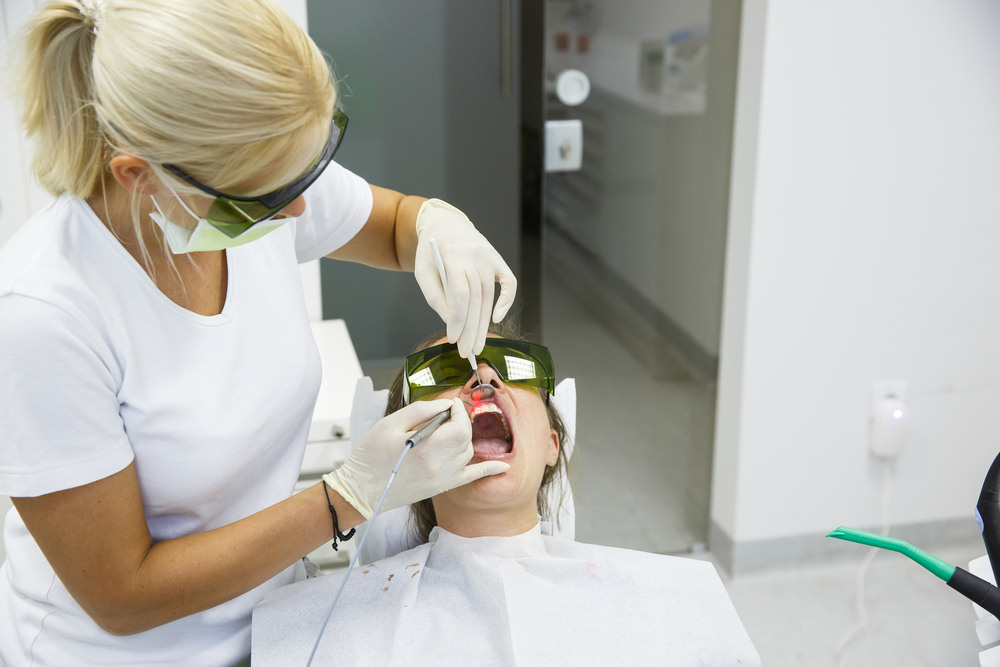New Research shows Gum Disease Linked to Heart Disease
Scientists believe there is an active link between gum disease and heart disease.
It has been said that bacteria in chronic gum disease possibly could spread through your bloodstream, reaching your affected arteries and increasing your chance of a first heart attack by 28%.
Understanding how these two diseases occur is essential, as well as what can be done to protect yourself.
Having infected gums is not a great look! Your mouth is the gateway to connecting with the world, and we should take care of it.
So what are the facts? Let’s start by looking at gum disease and go from there.
Table of Contents
Like many things in life, Gum disease develops over time.
An oral condition called gingivitis usually starts before gum disease, causing inflammation of the gums.
Gingivitis is caused by bacteria that cling to your teeth and infect your gums.
This bacteria called Plaque, a sticky and colourless film that coats your teeth creating a ‘furry feeling’ in your mouth.
If left too long, plaque will harden and become Tartar, which forms in and around your teeth.
Untreated, Gingivitis can develop into gum disease where the inflammation becomes so high the inside part of your gum and bone move away from your teeth.
This creates space where debris collects and bacteria can quickly spread.
As the bacteria build, infected pockets of your gums become unstable, causing teeth to loosen and fall out.
- Swollen and sensitive red gums
- Bleeding when brushing (and) flossing
- Consistent bad breath.
- Receding gums.
Teeth can move or become loose, creating visible space or ‘pockets’ around the gums.
You should always make routine visits to your dentist so that they can diagnose early and prevent the onset of gum disease.
- Plaque and Tartar build up
- Smoking
- Diabetes
- Hormonal changes in females
- Other illnesses or sicknesses
- Genetic susceptibility
It’s interesting; the first three risks directly relate to health and add weight to the question, “can a link be made between gum and heart disease’?”
We should pay close attention to these risk factors, some of which are found in heart disease.
If we are informed and understand our risks we can change our lifestyle or path sooner, giving ourselves a better chance of preventing and ultimately surviving.
How Can You Reduce Your Chance of Getting Gum Disease?
Visiting your dentist on a regular basis is one of the most critical parts of protecting yourself against gum disease.
When you visit your dentist, they can tell you; what’s happening in your mouth and what you can do to help.
Dentists’ and oral hygienists’ can determine 3 things:
- If you brush correctly
- Have you floss enough (or at all)
- If any damage has occurred
One of the main reasons for going to your dentist or hygienist is that they remove the plague and tartar that contribute to the cause of gum disease.
1. Brush your Teeth
Brushing your teeth will save you in the long term, and not only financially!
Using a soft toothbrush, twice a day will reduce your chances of oral problems In the future.
Spending 1 to 2 minutes gently brushing your teeth will have positive effects on your teeth and gums. It will also reduce other things, like bad breath which is also known as Halitosis.
2. Floss
Flossing is the other meaningful way of protecting your gums.
Flossing removes plaque and trapped food between your teeth and gum line that your toothbrush finds challenging to reach.
While we are on the topic of flossing, I was watching a movie the other day called Deepwater Horizon.
I won’t go into the plot or anything like that, but there was one scene where James “Mr Jimmy” Harrell (Kurt Russell) was talking to his off-sider Michael “Mike” Williams (Mark Wahlberg).
“Say, Mike, did you brush your teeth this morning? Yes, sir.
Did ya floss? No, no why?
It’ll save you a lot of pain and money in the long run, I tell ya.”
It highlights the importance of flossing and something that just jumped out at me while I was watching the movie :).
Done regularly, brushing and flossing your teeth correctly reduces your risk of gum disease. As a dentist, I cannot stress this enough!
3. Quit Smoking
Smoking has many negative impacts on your life. The effect on your mouth is one of them.
Smoking or breathing in second-hand smoke increases your chances of gum disease by 50%!
Smoking dries out your mouth causing a lack of salvia. It also increases plaque buildup and turns it into hardened tartar much faster.
As we know, the more plaque and tartar we have on our teeth the higher the risks of gum disease.
Smoking can also lower your immune system, making it harder for your body to fight infection.
A lowered immune system could slow the rate of healing, making gum disease hard to treat and overcome.
Germs and bacteria thrive in sugar-rich environments; someone who develops diabetes is more likely to be at risk.
4. Diet: What you Eat Helps
Eating the right foods is very important to have a healthy body and mind.
I know sometimes it is hard to say “no” to a burger with ‘the lot’ or fried chicken and chips.
Unfortunately, foods that contain high levels of sugar are really bad for your teeth and gums (not to mention the adverse effect on your heart). It is best to stay away from them altogether.
But if you can’t and find it challenging, just reduce the amount of fast food you have on a weekly basis.
The weekly timeframe will help to make it achievable!
Eating whole foods like vegetables and other healthy foods will do wonders for your mouth and body.
Your dentist will appreciate this come checkup time… as will you!
Heart Disease
Having good health is extremely important not only for your mouth, teeth, and gums but also your heart.
Heart disease is the leading cause of death in men and women, globally.
There are different types of heart disease, but the most common type is Coronary artery disease or CHD.
Heart disease happens when your coronary arteries get narrower and reduce the blood flow to the heart.
Your main artery called the aorta has the job of carrying blood from your heart to all necessary parts of the body.
A buildup of fatty deposits called plaque will decrease blood flow.
During this process, known as atherosclerosis, plaque begins to harden (like the process that of gum disease).
Once hardened, plaque can develop cracks exposing itself to the bloodstream.
Should this occur, your body forms clots over the plaque which wholly or partially blocks the artery.
A heart attack occurs when a blood clot completely blocks the flow of blood and seriously reduces blood flow to the heart muscle.
The Heart Foundation
Risk Factors for Heart Disease?
The Heart Foundation indicate there are 5 Lifestyle risks of heart disease, 4 health conditions that put you at risk and 4 that you can’t control.
Let’s break these down;
5 Lifestyle Risk Factors
- Smoking
- Eating an unhealthy diet
- Being inactive
- Unhealthy weight
- Alcohol
4 Health Condition Risk Factors
- High Blood Pressure
- High Cholesterol
- Diabetes
- Metal Health
4 Other Risk Factors Outside of Your Control
- Family History of Heart Disease.
- Female Specific Related Risks.
- Ethnic Background.
- Social Environment.
Most of the lifestyle and a few of the health-related risks can be controlled and managed by you! Your heart is in your hands so make sure you look after your health.
Signs that you may have Heart Disease?
Heart disease occurs without warning in most cases. But, there are signs that you should be aware of.
- Quit smoking – the soon you stop, the better your chances are.
- Reduce the amount of high cholesterol impact foods
- Exercise and become active every day
- Focus on eating foods that haven’t been processed or refined, like wholefoods such as veggies
- See your GP on a regular basis, especially if you have a family history of heart conditions
- Ask for help if you are feeling blue or depressed
Conclusion
Gum disease and heart disease develop in this incredible machine we call a human body.
Our body is a living, breathing system that connects at all levels. When one part of the system fails, another part could be harmed and affected.
Gum disease has risk factors, like those relating to heart disease.
Plaque buildup, smoking, diabetes, obesity and family history are all linked to both gum disease and heart disease.
Some scientists still believe more research is needed to confirm causality between the two diseases. Meaning one doesn’t necessarily cause the other, or vice versa.
Health could be the only major ‘concrete’ link between gum disease and heart disease at the moment.
As more data is collected and studied, we will come to learn the truth in the not too distant future.
So focus on your health and as the saying goes, “We Are What We Eat”.
By Dr. V
Created at September 22, 2017, Updated at January 25, 2025


